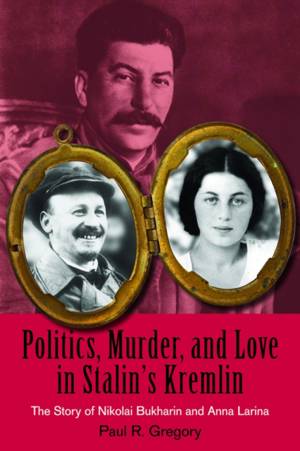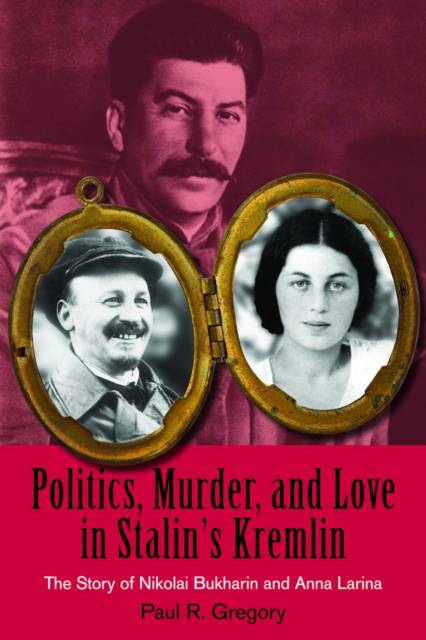
- Retrait gratuit dans votre magasin Club
- 7.000.000 titres dans notre catalogue
- Payer en toute sécurité
- Toujours un magasin près de chez vous
- Retrait gratuit dans votre magasin Club
- 7.000.000 titres dans notre catalogue
- Payer en toute sécurité
- Toujours un magasin près de chez vous
Politics, Murder, and Love in Stalin's Kremlin
The Story of Nikolai Bukharin and Anna Larina
Paul R GregoryDescription
In Politics, Murder, and Love in Stalin's Kremlin: The Story of Nikolai Bukharin and Anna Larina, Paul Gregory sheds light on how the world's first socialist state went terribly wrong and why it was likely to veer off course through the story of two of Stalin's most prominent victims. A founding father of the Soviet Union at the age of twenty-nine, Nikolai Bukharin was the editor of Pravda and an intimate of Lenin's exile. (Lenin later dubbed him "the favorite of the party.") But after Bukharin crossed swords with Stalin over their differing visions of the world's first socialist state, he paid the ultimate price with his life. His wife, Anna Larina, the stepdaughter of a high Bolshevik official, spent much of her life in prison camps and in exile after her husband's execution.
Drawn from Hoover Institution archival documents, the story of Nikolai Bukharin and Anna Larina begins with the optimism of the socialist revolution and then turns into a dark saga of foreboding and terror as the game changes from political struggle to physical survival. Told for the most part in the words of the participants, it is, as Robert Conquest says in his foreword, "a story told to show the horrors of fate, of personal mistreatment and suffering by real people." It is also a story of courage and cowardice, strength and weakness, misplaced idealism, missed opportunities, bungling, and, above all, love.
Spécifications
Parties prenantes
- Auteur(s) :
- Editeur:
Contenu
- Nombre de pages :
- 196
- Langue:
- Anglais
- Collection :
Caractéristiques
- EAN:
- 9780817910358
- Date de parution :
- 19-04-10
- Format:
- Livre broché
- Format numérique:
- Trade paperback (VS)
- Dimensions :
- 150 mm x 226 mm
- Poids :
- 317 g







